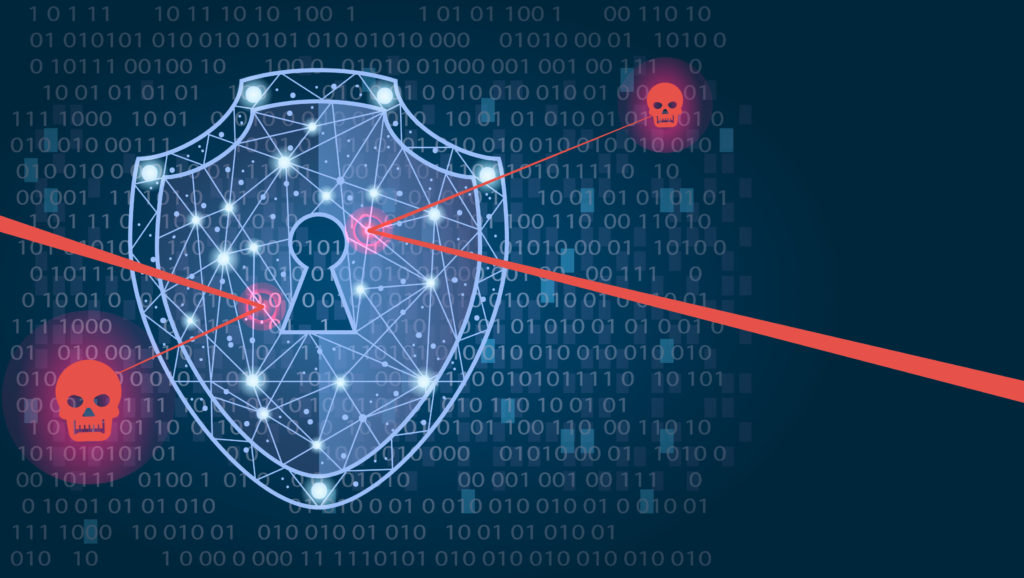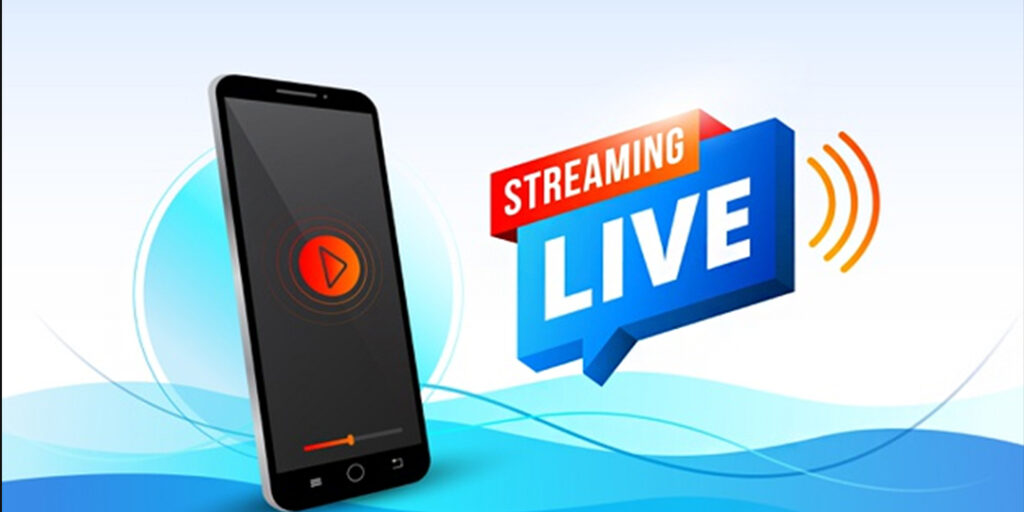With the onset of Digital India, almost every individual has got access to affordable internet connectivity no matter which age or income group he or she belongs to. Since almost the entire world is on the internet, it is paramount to establish safe and secure web browsing across all devices. Unsafe Web Browsing can have more serious consequences than one can determine. Identify Theft, Intellectual Property Theft, Phishing, and Hacking are some of the common crimes involved with the World Wide Web.
Data breaches are becoming more frequent than one might think. As per the University of Maryland’s report, 1 cyberattack happens every 39 seconds. The World Economic Forum has even considered cyberattacks as one of the top five risks to global stability. Here we have presented some figures to authenticate the repercussions of unsafe internet browsing.
- Every month, an average of 4,800 websites get compromised with formjacking code. – Symantec
- Cyber scams have increased by 400% in the month of March 2020, thus, making COVID-19 the largest-ever security threat. – Reed Smith
- Yahoo holds the record for the largest data breach of all time with 3 billion compromised accounts. – Statista
- On April 3, 2021, the personal data of almost 533 million Facebook users from 106 countries got posted online for free in a low-level hacking forum. The data comprised users’ full names, phone numbers, locations, email addresses, and biographical information. – IdentityForce
- The average total cost of a ransomware breach is $4.62 million, slightly higher than the average data breach which is $4.24 million. – IBM
- The lost business opportunities represented the largest share of breach costs, at an average total cost of $1.59 million. – IBM
 The online kingdom is indeed a dangerous place to dive into for almost every user. No, we are not trying to scare you and we are definitely not telling you to stop using the internet altogether. What we are saying is to be CAUTIOUS the moment you go online. The online world has offered a lot to us. From faster communication to valuable information in just a few clicks, internet accessibility has indeed made our lives easiest. Today’s blog topic by Team Zifilink is all about telling the world how to practice “Safe Web Browsing”. Are you ready to learn how you can ensure safety online? If yes, then continue to read about the 07 Safety Protocols that you must follow for Safe Web Browsing.
The online kingdom is indeed a dangerous place to dive into for almost every user. No, we are not trying to scare you and we are definitely not telling you to stop using the internet altogether. What we are saying is to be CAUTIOUS the moment you go online. The online world has offered a lot to us. From faster communication to valuable information in just a few clicks, internet accessibility has indeed made our lives easiest. Today’s blog topic by Team Zifilink is all about telling the world how to practice “Safe Web Browsing”. Are you ready to learn how you can ensure safety online? If yes, then continue to read about the 07 Safety Protocols that you must follow for Safe Web Browsing.
Share as little information as possible online
The more discreet you are while surfing the World Wide Web, the better are your chances of protecting yourself from becoming a victim of cybercrimes. It is often said by experts to not post anything that you would not want your mother or prospective employer to see. Your personal information is not for the entire world to see so remember to keep a low profile online. If you use social media and can’t help but update every selfie and minute detail of your life then consider customizing your privacy settings so that only the ones you trust can view your updates. This might look like a piece of normal advice but it’s worthy to note that you should never share your contact information, home address, and card details online because not all sites are trustworthy except a select few and you never know what someone might do with your confidential data.
Incorporate Stronger Passwords
This protocol was taught to us by our computer teacher in school from time to time. It is absolutely necessary to keep strong or stronger passwords so that hackers cannot get unauthorized access to your accounts. Most of us have the tendency to keep simple and easy-to-remember passwords but this tendency has to stop today if you want your data to be safe and secure from hackers or scammers. So, what makes a password strong and difficult to crack? A strong or stronger password is lengthy (at least 15 characters long) and comprises a mix of letters (both in upper and lower cases), symbols, and no personal information or predictable words. It is highly recommended to use different passwords for different accounts to ensure trebled safety.
Keep your Systems Up-to-date
Whatever browser or application you use, ensure that the same has the latest update. Updating to the latest security patch will not only enable online safety but will also improve the performance of your systems.
Install an Anti-virus Software
Virus attacks are no fun and can cause irreparable damage to your data and computer systems. To prevent viruses from invading your precious systems, you must download and install a trustworthy anti-virus solution as soon as possible. If you already have activated an anti-virus solution then ensure that it has the recent update.
Avoid clicking on Suspicious Links
Think twice before clicking any link online. Never ever open suspicious email links because phishing attacks are very much real and on the rise.
Turn on Firewall Protection
One of the best ways to ensure optimal safety from hackers is to have a firewall on the side. Install a Firewall and update it regularly for a stress-free and secure online experience.
Purchase from legit sites
Online Shopping is one of the best things the digital world has given us. But not all e-commerce stores are safe and sound except the popular ones, such as Amazon, Flipkart, Myntra, Nykaa, etc. Only purchase from authentic and popular sites to keep your data in safe hands.
Consider a VPN connection
If you’re extremely cautious about your data and do not want anyone to track your internet rendezvous then opting for a Virtual Proxy Network or VPN is a great idea. A VPN will keep your information anonymous and secure in the best way possible.
Since now you know about the internet safety protocols, it’s time to tell you about how you can make your internet connection faster and more reliable. Opt-in for Zifilink’s Cellular Bonding Solutions to enable high-speed data connectivity no matter whichever part of India you reside in. Our bonded internet routers will work at their best no matter how worse the weather condition is in your area. To learn more, connect with our team at once.




About The Author: Sajith
More posts by Sajith